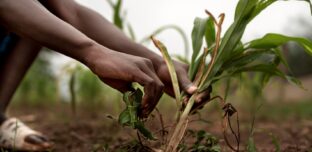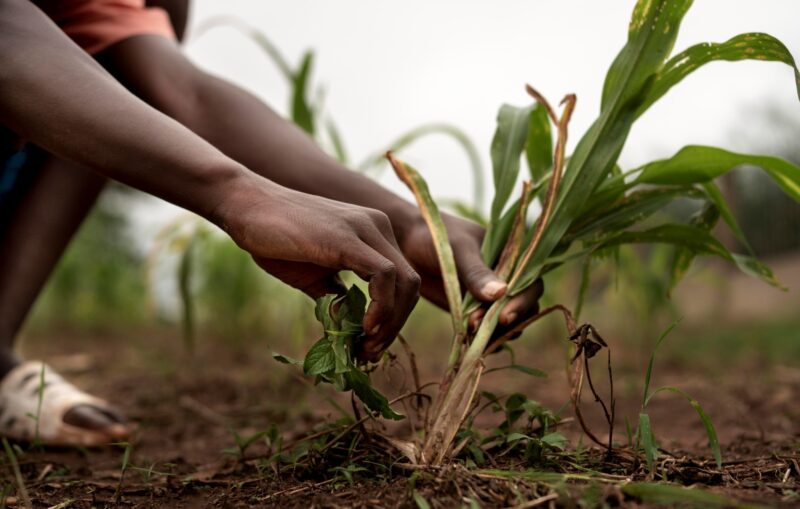Agriculture contributes less than 2 percent of Botswana’s GDP, yet employs more than 20 percent of the population, underscoring its importance for livelihoods.
Livestock, particularly beef, dominates the sector and accounts for about 80 percent of agricultural GDP, as reported by the U.S. Department of Commerce.
Key Investment Opportunities
Commercial Farming
The Integrated Support Programme for Arable Agriculture Development (ISPAAD) is a flagship government initiative designed to strengthen mechanised farming and irrigation. It provides farmers with fencing, potable water, seeds, and fertilisers. These details are highlighted in Trade.gov’s Botswana agricultural sector guide and further explained by the National Development Bank.
Agro-Processing
Value addition is becoming a cornerstone of Botswana’s agricultural strategy. Opportunities in meat processing, milling, canning, and dairy are supported by incentive schemes and rising local and regional demand. This shift towards agro-processing is emphasised in an analysis by Trade.gov.
Climate-Smart Agriculture
Erratic rainfall and climate pressures have made resilience a priority. ISPAAD’s support for water provision and input subsidies has created a foundation for greenhouse and climate-smart farming. This potential is highlighted in Trade.gov’s sector overview.
Export Potential
Botswana has already secured preferential access for its beef exports to the European Union. Investors can also benefit from wider market access through regional blocs such as SADC and the African Continental Free Trade Area (AfCFTA). These trade advantages are described in Trade.gov’s investment profile.
Incentives and Infrastructure
Special Economic Zones (SEZs) are central to Botswana’s plan to attract agribusiness investors. Companies operating within these zones enjoy reduced tax rates for ten years, duty-free imports, and simplified licensing procedures. In addition, the government provides access to serviced land, veterinary labs, packhouses, and efficient transport corridors.
Financing options are strengthened through development finance institutions such as the Citizen Entrepreneurial Development Agency (CEDA) and the National Development Bank (NDB). These measures are set out in guidance from the Government of Botswana.
Moore Botswana: Your Strategic Partner
At Moore Botswana, we help investors navigate the opportunities and requirements of the agribusiness sector:
- Advisory: Business modelling, feasibility studies, land strategy, and ESG integration.
- Tax: Structuring to maximise incentives, including SEZ benefits, VAT relief, and customs exemptions.
- Audit: Independent assurance that improves transparency, builds trust, and meets funding requirements.
From farming to processing, Moore Botswana ensures that agribusiness ventures are built on strong financial structures and aligned with long-term sustainability.







